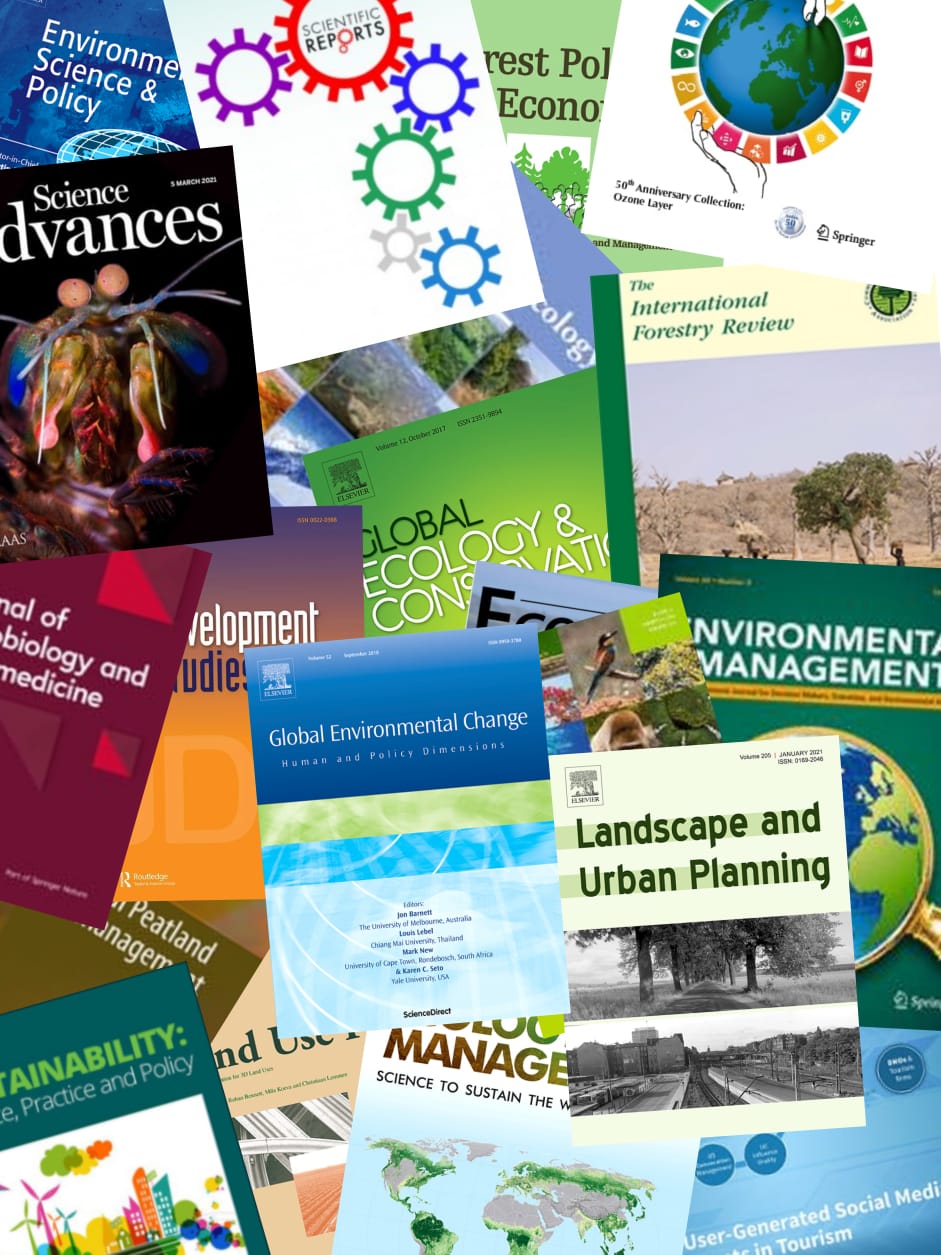While fire has been identified as a major factor negatively affecting success of reforestation projects in the Philippines, no study so far has been conducted on the types and extent of fire mitigation strategies being implemented by upland farmers. This study presents an analysis of the occurrence of grassland fire, the factors influencing it, and the fire mitigation strategies employed by small farm-holders in four adjacent upland communities in Carranglan, Nueva Ecija, Philippines. With a total of 779 fire incidents recorded from 2002-2014 covering an estimated overall total of 19,500 ha, grassland areas in Carranglan warrants urgent rehabilitation. The number of fire occurrence in Carranglan were found to have significant positive relationship with temperature, compound topographic index (CTI) and aspect (< 0.05). In response, upland farmers implement several fire mitigation strategies that are either vegetational and structural in nature. The most common practices include regular grass cutting and the establishment of fire lines. Using simple linear regression, the number of fire mitigation strategies implemented by upland farmers is very highly associated to the years of residence in the area, number of children in the household, age of respondents, educational level, livelihood, and farm lot ownership (< 0.01). The limited number of fire-mitigating strategies implemented by the upland farmers may have contributed to the frequent occurrence of grassland fires in Carranglan. Strategies that would significantly increase farmers' awareness of and capability in implementing various fire-mitigating strategies must be incorporated in a fire hazards management program to ensure success of reforestation projects, which is a key approach in rehabilitating the upland ecosystems. © 2016 Elsevier B.V..
View source

